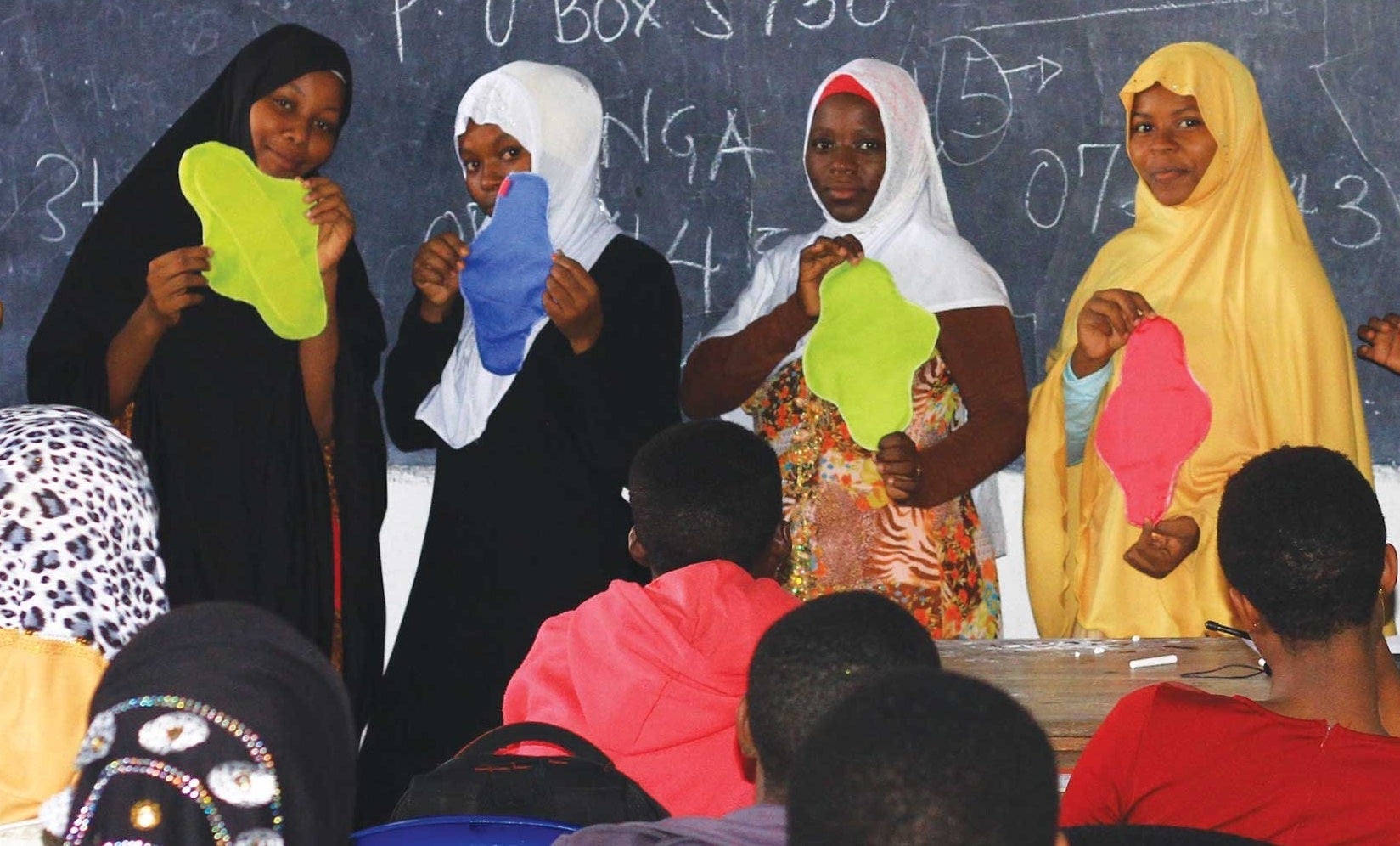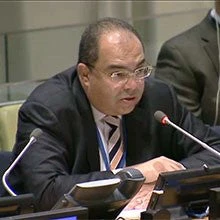
Visit any community and you will see women breathing life into every part of the economy and society, be it in agriculture, healthcare, marketing, sales, manufacturing, or invention. Through their presence in every walk of life, women make significant contributions to the 2030 Agenda , including its 17 Sustainable Development Goals (SDGs), the most ambitious set of goals that the international community has ever set for itself
However, despite representing 50% of the population, women remain over-represented among the world’s poorest and most vulnerable groups and under-represented as leaders and drivers of change. The lack of recognition of women’s contributions, particularly through their businesses and economic activities, has severely limited their access to finance, new markets and knowledge – necessary for economic growth and poverty reduction.
To recognize women entrepreneurs who support the implementation of the SDGs, and to share best practices and innovative ideas, the World Bank Group, in partnership with UNDP, UN Women, and the Wharton School Zicklin Center, launched the SDGs&Her initiative in April 2018. Through an online competition, we invited women entrepreneurs who own micro-enterprises from all around the world to compete by sharing how their businesses support one or more SDGs. The competition closed with more than 1,200 submissions from 88 countries, and two lucky winners.
The first-place winner is Lucy Odiwa, an entrepreneur in Tanzania’s port city of Tanga. Her firm, Womenchoice Industries promotes safer and more sustainable methods for handling menstrual health hygiene management (MHM). It has produced and distributed over 1,000,000 reusable sanitary pads, dubbed “Salama Pads,” to over 20,000 schoolgirls aged 13-19 years and has empowered 6,000 local community women by teaching them how to produce the pads. Lucy’s firm also provides MHM information and service delivery in local schools, with the aim of improving school retention and academic performance among girls who often stay home while menstruating and reducing unnecessary physiological and social distress that often comes with discussing menstruation in public spaces. Lucy's business addresses SDG3 (Good health and well-being) and SDG4 (Quality education).
Some 1,000 km to the northwest, in neighboring Kenya, entrepreneur Charlot Magayi, who is fighting indoor pollution – secured the second-place spot. Charlot’s firm, Mukuru Clean Stoves, produces improved, reliable and affordable cook stoves from recycled waste metals. These stoves decrease fuel consumption by over 30 percent, reduce toxic smoke emissions by more than 50 percent, and are 75 percent cheaper than those that burn wood, charcoal and agricultural wastes. Charlot's work reduces pollution (SDG13) and enhances decent work conditions (SDG8) for women who work or cook at home.
MHM and air pollution, like many other challenges, are not confined to Kenya or Tanzania, but are global problems that affect millions of people across Africa and beyond. A UNESCO report estimates that one in ten girls in Sub-Saharan Africa misses school during their menstrual cycle, while a study from UNICEF revealed that 1 out of 3 girls in South Asia knew nothing about menstruation prior to experiencing it for the first time. Furthermore, an estimated 7 million people die every year from exposure to toxic levels of pollution, according to a WHO report.
Addressing these and other challenges, which are reflected in the SDGs, will require all stakeholders, including governments, the private sector, civil society, international organizations, and citizens around the world, to work together. Women, in particular, must play a major role if we empower them and provide them with equal access to finance and knowledge.
We are flying Lucy and Charlot to New York City during the high-level week of the UN General Assembly in September to showcase their achievements and inspire other women entrepreneurs around the world. They will be introduced in a special side-event, which will be attended by the UN Member States representatives, UN agencies, and civil society groups, with the hope that their entrepreneurial spirit and innovation can spread to other corners of the world.
While 2030 may seem like the distant future, it is fast-approaching. To accelerate our efforts to achieve this ambitious agenda, we must be relentless in our work now and in the coming year. For their part, Lucy plans to promote access to quality menstrual hygiene management, information, products, and services to 2.3 million women and girls, while Charlot plans to supply cook-stoves to over 2 million households in the developing world and create jobs for 600 women and 400 men.


Join the Conversation